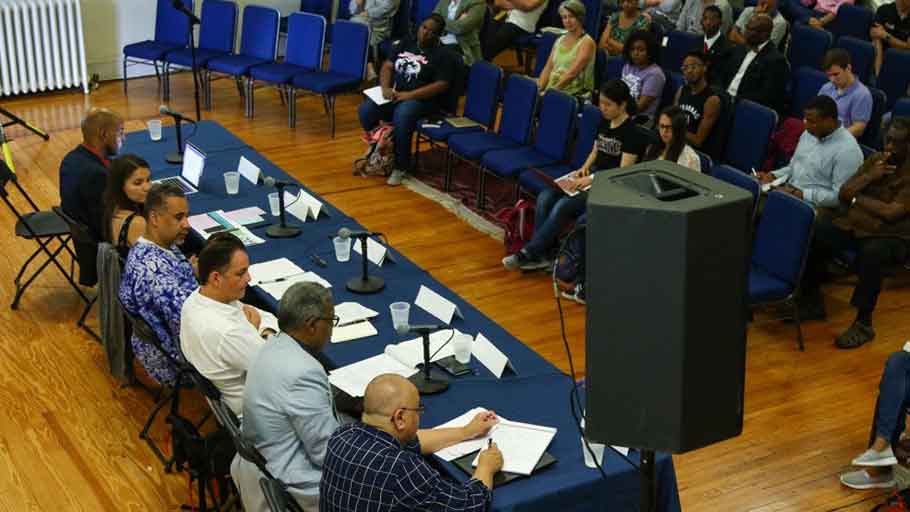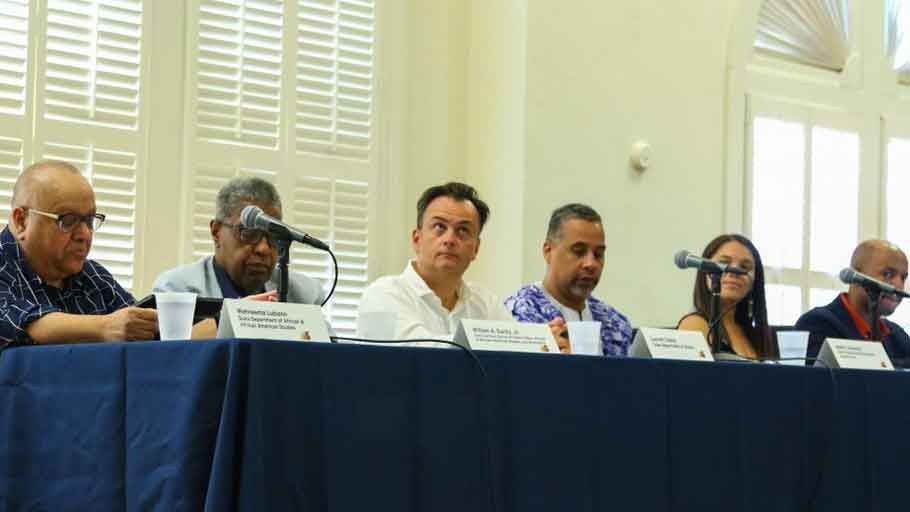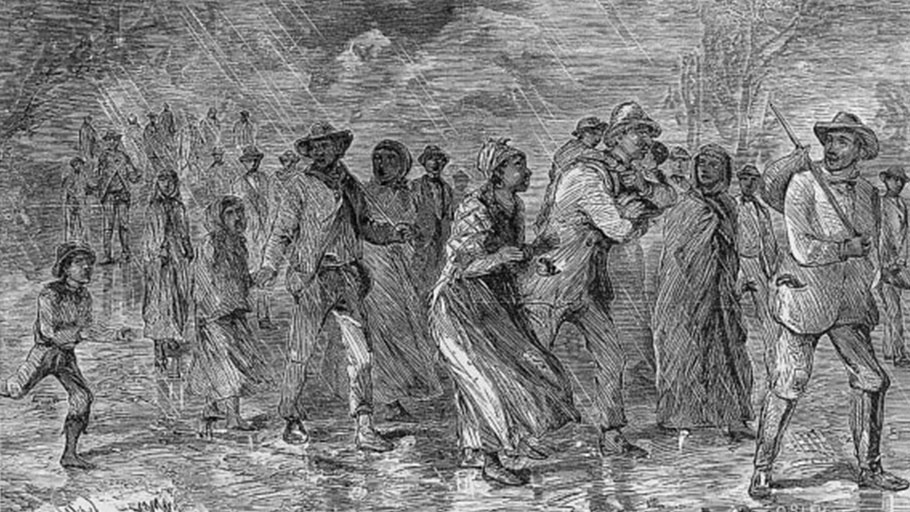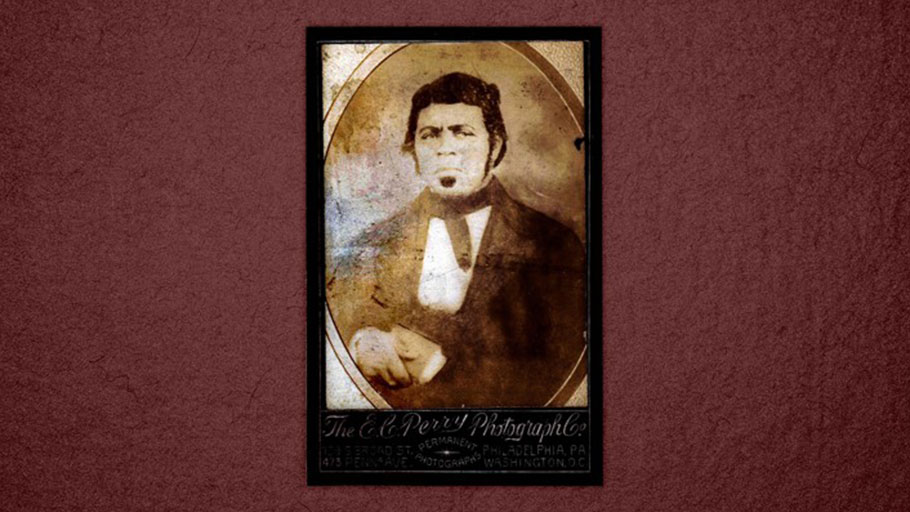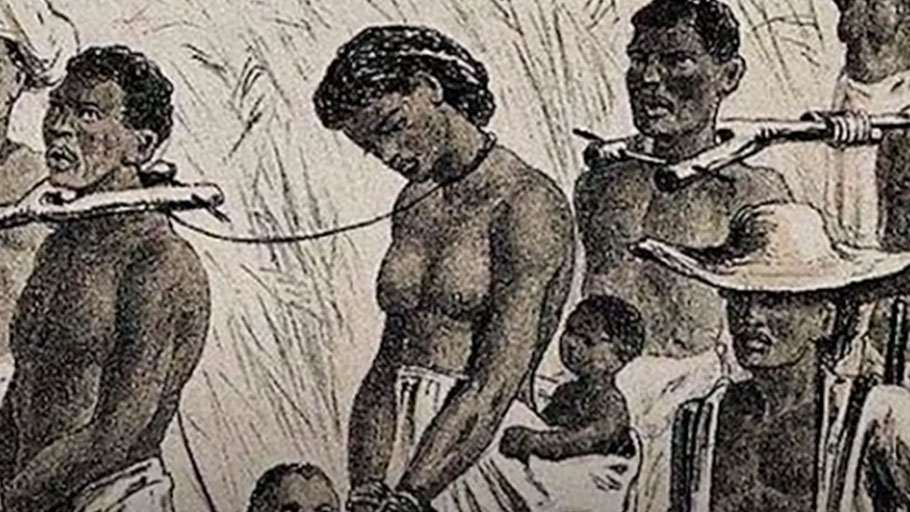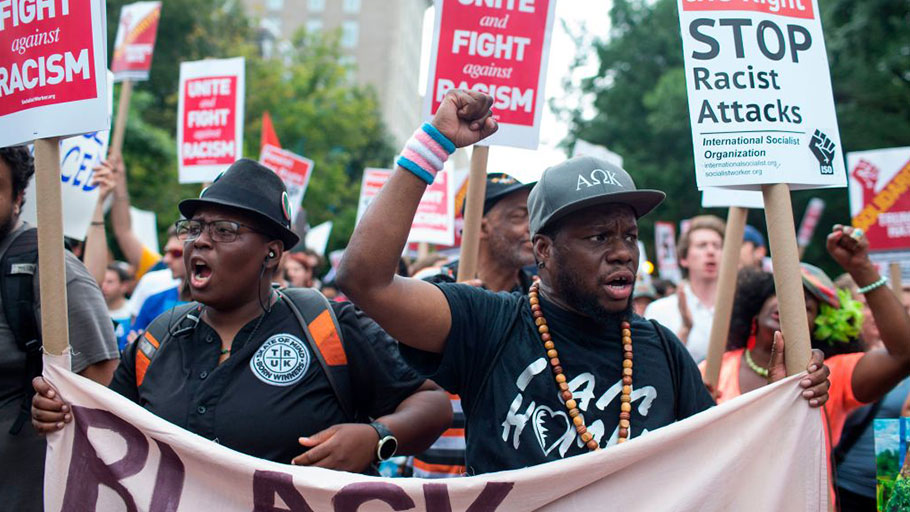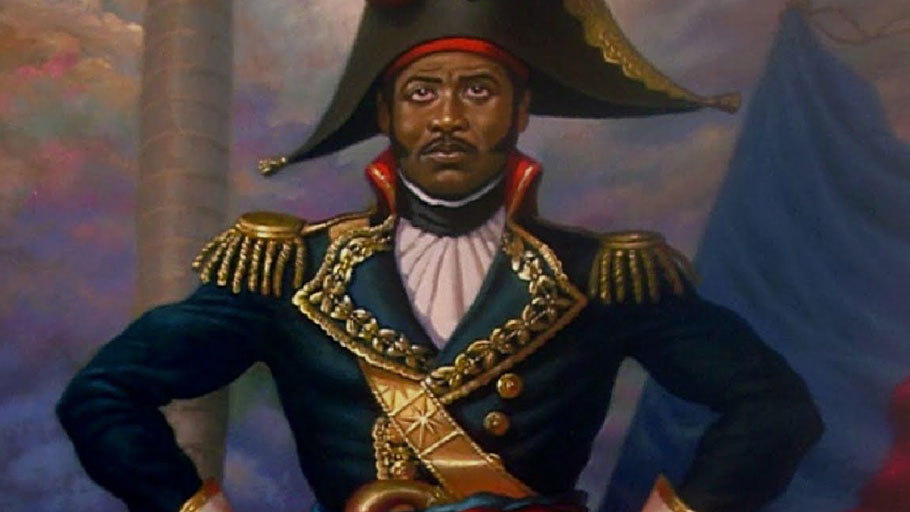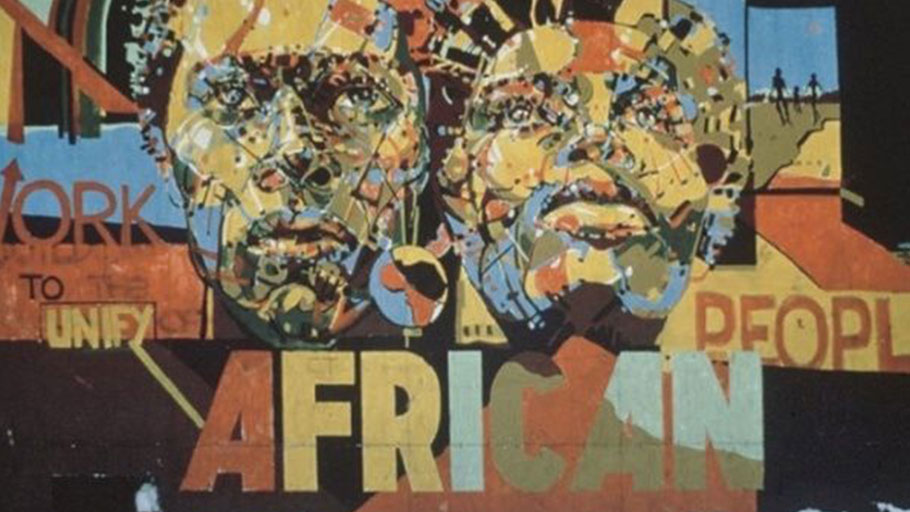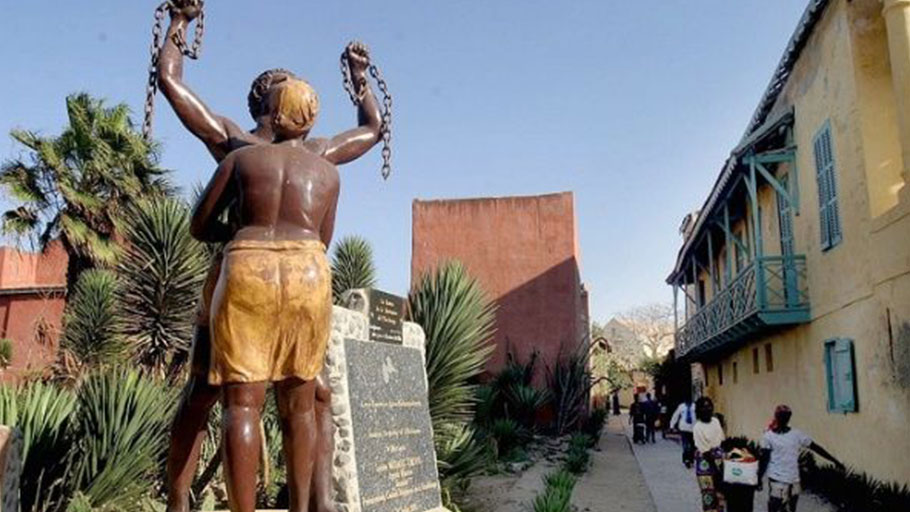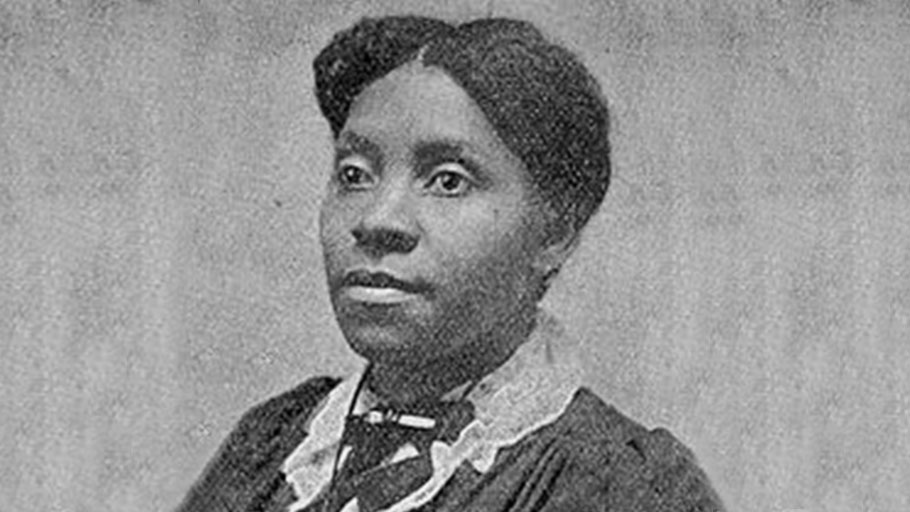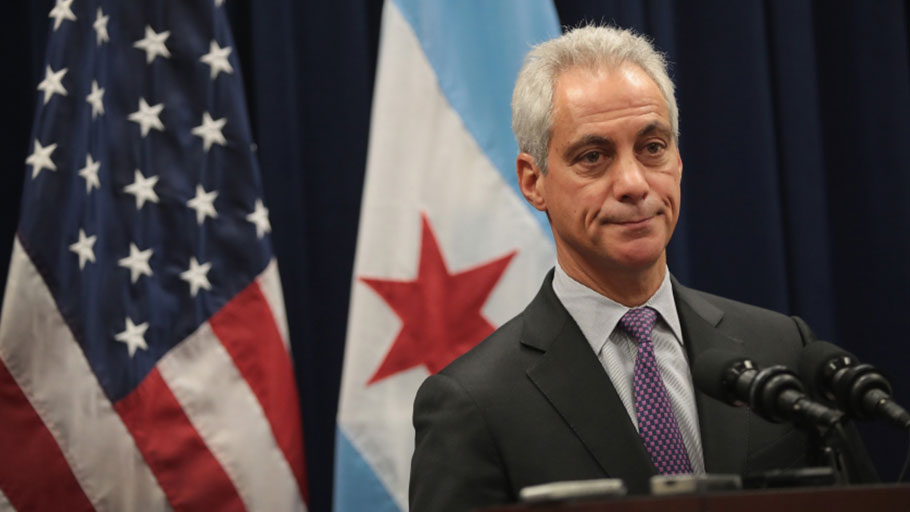
Emanuel’s pro-corporate policies ravaged Black and Latinx communities across Chicago. His successor will be tasked with reversing this trend. By Saqib Bhatti, In These Times — This week, Chicagoans celebrated Rahm Emanuel’s announcement that he will not seek another term as mayor. But while Emanuel’s departure is welcome news to many, the next mayor of Chicago will have to come up with an aggressive plan to repair the damage that Emanuel’s…

